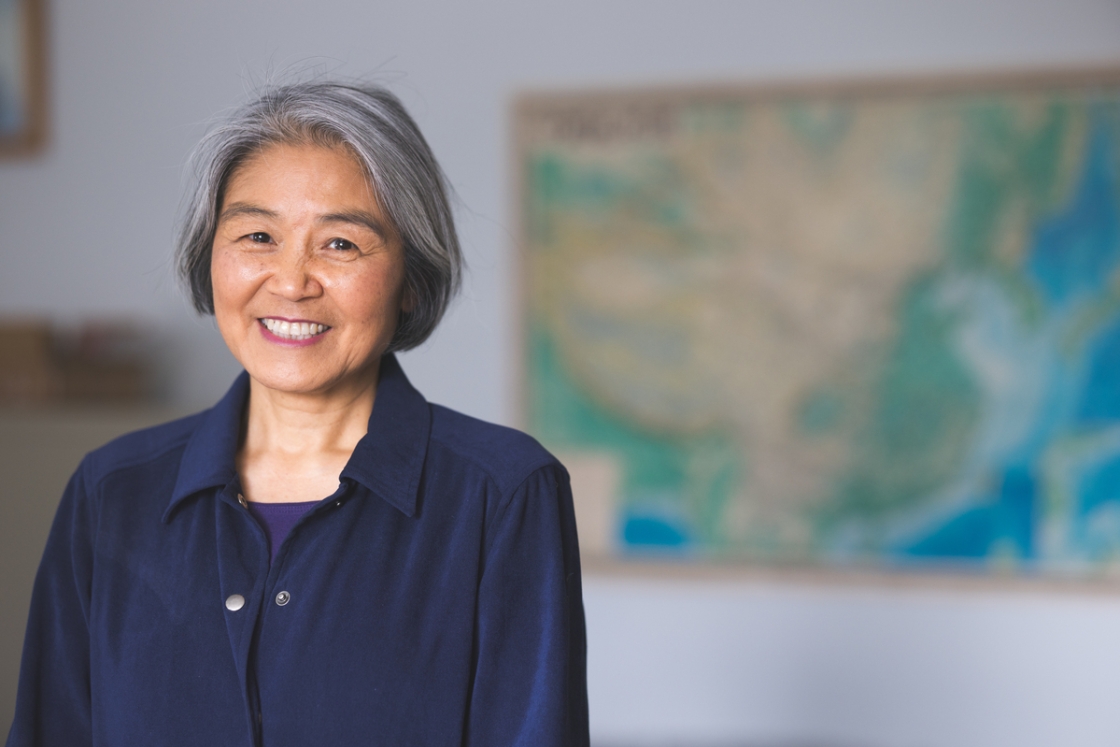
Gevorg Grigoryan, a computational biologist, joined the Dartmouth faculty this fall as an assistant professor of computer science. (photo by Eli Burak ’00)
Gevorg Grigoryan, a computational biologist, joined the Dartmouth faculty this fall as an assistant professor of computer science. Through his research on proteins, Grigoryan pursues both an understanding of fundamental biological processes and practical engineering applications for what proteins can do. He holds a PhD in biology from the Massachusetts Institute of Technology, and comes to Dartmouth from a postdoctoral fellowship at the University of Pennsylvania.
In this interview, Grigoryan considers what lies behind his career as a scientist, what the near future holds for cell biology, and a remarkable Dartmouth moment.
A curious start: Grigoryan traces his path into computational biology back to childhood curiosity. “My dad was the biggest influence in this respect. Being a physicist, he showed me the fun in observing and trying to explain ‘stuff’ that happened around me. I was drawn to research early on and pursued a graduate degree in hopes of making it a career. And the specific field I eventually settled into was a result of my fascination with the complexity of biological systems and my desire to understand everything in physical terms.”
Programming proteins: “I would like to understand how structures of protein molecules dictate the great variety of complex tasks they perform in biological cells—and also learn to use this understanding in engineering novel protein molecules that perform tasks useful in practice. Proteins can interfere with the progression of disease, build complex nano-structures, sense environmental conditions, and more.”
On the horizon: In 10 years, Grigoryan predicts, “we will have a nearly atomistic picture of many parts of the cell, enabling very detailed simulations of biological processes. This will transform they way we understand life and how we approach the problem of designing therapeutics.”
Let it burn: “ My outstanding Dartmouth moment? So far, it has definitely been the annual bonfire—most outstanding!”
Global scholar: Grigoryan has studied in four different countries— Armenia, Ukraine, Russia, and the United States—and speaks Russian and Armenian fluently.
Part 1: Class of 2011-12: Meet Dartmouth’s New Faculty
Part 2: Meet Dartmouth’s New Faculty: Alan Covey ’96
Part 3: Meet Dartmouth’s New Faculty: Zeynep Turkyilmaz
